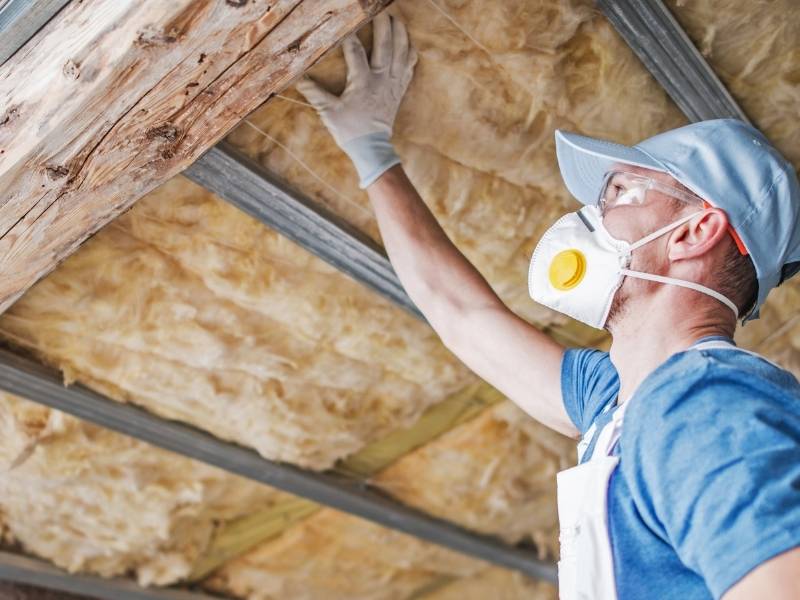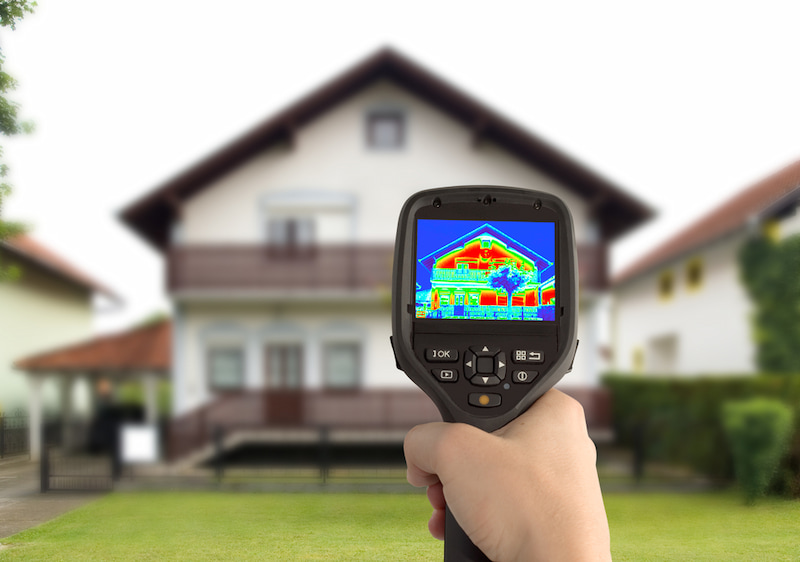Attic Insulation
Why Attic Insulation?
- Keep homes warmer in the winter and cooler in the summer
- Saves up 20% on heating and cooling energy bills
- Lowers energy consumption and save our natural resources

Insulation Ensures A Comfortable Climate
Safety

Attic Insulation Helps with Noise Reduction
Increasing Your Home Value

Look at the annual usage summary from your utility provider over the last few years. If you see huge increases that is your first red flag. Even if you don’t notice a huge temperature difference in your home, numbers don’t lie and if your energy usage is spiking then you definitely have a problem with energy retention and the culprit is often insulation that is worn or you are lacking sufficient insulation.
While this may sound like some really cool phenomenon of nature out in the Alaskan wilderness; ice dams are quite common in poorly insulated homes. Ice dams occur when heat, due to poor insulation in the attic rises up and melts the bottom layer of snow on the roof. The water ends up draining towards the gutters and freezes once hitting cooler air. The end result is clogged gutters due to chunks of ice known as ice dams. Now, granted, the likelihood of this happening in Houston is slim to none, but then again we had significant snow in Houston even towards the end of winter in recent years—so nothing is impossible.
One of the most obvious signs of a poorly insulated home is a sign you can feel. When you have several different rooms that are several degrees cooler or warmer than the other, it’s a clear sign of insufficient insulation somewhere in the home. It is important that all areas of your home are sufficiently insulated, especially the attic as it bears the brunt of the suns heat.
Your ceiling, walls, and floors in a properly insulated home should feel dry to the touch and warm. If they feel somewhat damp or cold to the touch, that is a clear indication that your insulation needs replacement or it is insufficiently insulated.
Most noticeable during the colder months, drafts in areas of your home usually come from around doors and windows. If there is not enough insulation around those openings, cold air will find its way in and your heating bills will go up considerably
